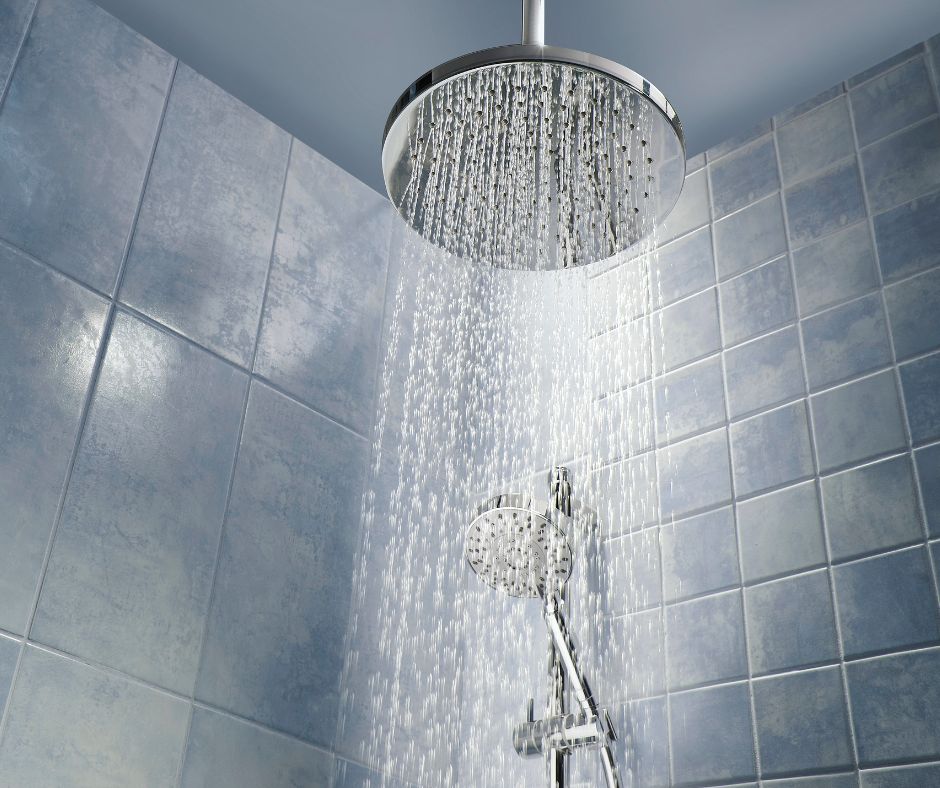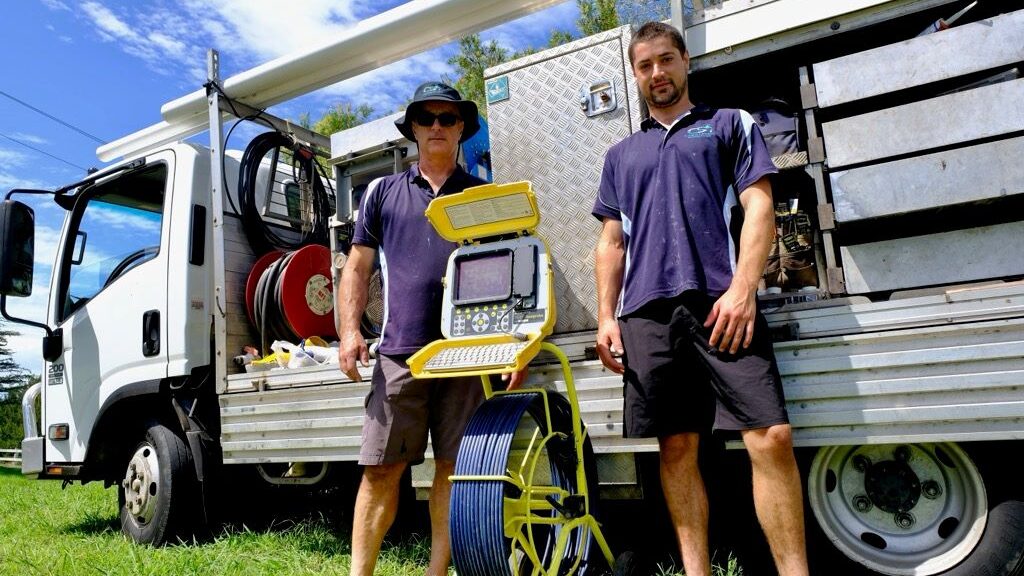Enhancing Home Efficiency with Effective Hot Water Storage Tank Systems
Storage hot water systems are widely regarded as a dependable and energy-efficient option for numerous households in Wollongong. This is particularly true for larger families or residences that have already integrated established electric or gas systems.
While advanced technologies such as heat pumps and continuous flow units present superior efficiency levels, a well-sized and meticulously maintained storage tank can deliver remarkable performance, especially when combined with off-peak electricity or natural gas. Choosing the most suitable system for your home hinges on various factors, including your energy setup, the available installation space, and your daily hot water consumption habits.
Ultimately, the decision will be influenced by your household's dynamics, specific hot water requirements, and the framework of your energy system.

Understanding the Efficient Operation of Storage Tank Hot Water Systems
A storage hot water system operates by heating water within a robust cylindrical tank, maintaining it at a designated temperature for immediate availability. When you activate the tap, warm water flows directly from the tank. As hot water is used, the system replenishes the tank and reheats the water, ensuring a steady supply is always accessible when you need it. This design guarantees that you never have to worry about depleting your hot water supply during your daily routines, providing peace of mind and convenience.
The selection of available tanks is quite impressive, encompassing compact 50-litre models that fit seamlessly into smaller spaces, to expansive units that exceed 400 litres, ideal for larger families or commercial applications. This wide range allows homeowners to choose a system tailored to their specific needs while ensuring optimal performance and efficiency, making it easier to find the right fit for your household.
The Enduring Value of Storage Tank Systems for Your Home Investment
- User-Friendly Design for Effortless Operation. These systems feature a straightforward design, devoid of complex sensors or intricate electronic components that are prone to malfunction.
- Consistent Performance for Reliable Hot Water Supply. They excel in residences with a steady demand for hot water, ensuring that your family’s needs are reliably met without interruption.
- Diverse Installation Options to Suit Any Space. Storage tanks can be conveniently positioned in various locations—whether indoors or outdoors—and can be arranged vertically or horizontally, depending on your specific spatial requirements.
- Minimal Maintenance Needs for Stress-Free Ownership. Most replacement parts are affordable and readily available, simplifying the upkeep of these systems and making them a cost-efficient choice.
In many homes across Wollongong, especially those with outdated plumbing systems or larger family units, storage tanks remain a trustworthy and financially viable solution to meet hot water demands, ensuring comfort and efficiency.
Key Considerations When Choosing Between Gas and Electric Storage Tanks
Electric Storage Systems
These systems are generally user-friendly and straightforward to install, making them an ideal choice for homes with a reliable electricity supply. They frequently operate on off-peak tariffs, which can yield substantial savings on energy costs. Electric systems are particularly beneficial for smaller households or properties that lack access to gas connections.
Gas Storage Systems
Gas systems are known for their rapid water reheating capabilities, rendering them an efficient choice for households with a high demand for hot water. If your residence is already equipped with natural gas, selecting a gas storage tank can be a prudent long-term investment, ensuring your hot water needs are promptly addressed.
Confused about which option suits your needs best?
Our dedicated pages on electric and gas hot water systems provide comprehensive insights into both alternatives, enabling you to make an informed decision tailored to your circumstances.
Identifying Common Issues in Older Storage Tank Systems
- Experiencing Hot Water Shortages before all family members have had their showers, leading to frustration and inconvenience.
- Rising Energy Bills that result from inadequate insulation or operational inefficiencies within the system.
- Leaks or Rust forming around the base of the tank, which can signal potential system failure and requires prompt attention.
- Slow Recovery Times between uses, resulting in inconvenient delays in accessing hot water when needed.
- Unusual Noises such as popping or hissing that occur during the heating cycle, indicating possible underlying problems with the system.
If you recognise any of these issues, it may be time to contemplate a replacement or, at the very least, arrange for a professional inspection to ensure your hot water system is functioning correctly and efficiently.
Determining Whether to Upgrade or Transition to a New Hot Water System
If your current storage tank exhibits any of the following signs:
- Surpasses 10 years in age, suggesting it may be approaching the end of its useful life.
- Displays visible signs of wear or operational inefficiency, which can detrimentally affect performance.
- Struggles to meet your household's hot water requirements, causing interruptions in daily routines.
In such cases, it is prudent to consider an upgrade.
This could involve investing in a new storage tank that boasts improved insulation properties or exploring alternatives like an instantaneous or heat pump system, which may offer enhanced efficiency and performance capabilities.
We are here to assist you in making the best decision based on your household's energy access, spatial considerations, and overall water usage patterns.
Crucial Considerations When Selecting Your Hot Water System
Storage tank systems remain relevant, particularly for larger homes or setups that lack the necessary infrastructure for more advanced technologies. When properly sized and well-maintained, they provide a straightforward, cost-effective, and efficient solution to meet hot water demands.
However, they are not universally applicable. As the market expands to include a diverse range of more efficient and adaptable options, consulting with a licensed plumber becomes essential. A qualified professional can assess your unique requirements and recommend the most suitable hot water solution tailored to your household's specific needs.
Are you seeking guidance in selecting or replacing your hot water system? Contact our expert team today for personalised advice and tailored solutions to suit your needs.

Common Inquiries Regarding Gas and Electric Hot Water Systems
Which Type of Hot Water System Offers Greater Economic Advantages: Gas or Electric?
Generally, gas hot water systems are recognised for their lower operational costs, especially if your home is already connected to natural gas. Nevertheless, electric systems that utilise off-peak tariffs or are integrated with solar power can also present competitive running costs. Your ultimate choice will rely on your specific usage patterns and the prevailing local energy rates in your area.
Which Type of System Heats Water More Rapidly: Gas or Electric?
Gas systems typically heat water more quickly than electric systems, making them particularly advantageous for larger families or homes equipped with high-demand appliances. While electric systems may experience slower recovery times, continuous advancements in technology are enhancing their efficiency and overall performance.
Are Gas Hot Water Systems More Appropriate for Larger Families?
Indeed, gas storage or instantaneous systems are often more suited for larger households where multiple individuals may require hot water simultaneously. Their rapid reheating capabilities enable them to comfortably meet high usage demands without rapidly depleting the hot water supply.
Is It Possible to Install a Gas Hot Water System Without a Gas Connection?
Yes, it is feasible to install a gas system, but you will need to utilise LPG (bottled gas) rather than mains natural gas. This situation is common in rural or semi-urban regions of the Illawarra. Be mindful that the costs associated with LPG can be higher, and you will need to manage delivery logistics effectively.
Are Electric Hot Water Systems Still a Practical Choice?
Absolutely! Electric systems are user-friendly, cost-effective, and readily available. They are especially suitable for smaller homes, apartments, or properties that lack gas infrastructure. When paired with solar PV systems or utilised during off-peak rates, they can achieve remarkable efficiency levels.
Which Type of System Tends to Have a Longer Lifespan: Gas or Electric?
Both types of systems generally exhibit comparable lifespans, typically ranging from 8 to 15 years. This can depend on factors such as brand, usage habits, and water quality. Regular maintenance is crucial; components like anodes, valves, and thermostats should be assessed periodically to maximise the system's longevity and performance.
Which Option Is More Environmentally Sustainable?
Electric systems that are coupled with solar power or heat pumps typically demonstrate the lowest carbon footprint. While gas systems are cleaner than electricity generated from coal, they still produce carbon emissions. If sustainability is a priority for you, consider opting for modern electric systems or those powered by solar energy.
Are Storage Tank Hot Water Systems Still a Good Choice in Wollongong?
The Article: Storage Tank Hot Water Systems: A Smart Choice for Wollongong first appeared on https://writebuff.com
The Article Hot Water Systems: Why Wollongong Should Choose Storage Tanks Was Found On https://limitsofstrategy.com

